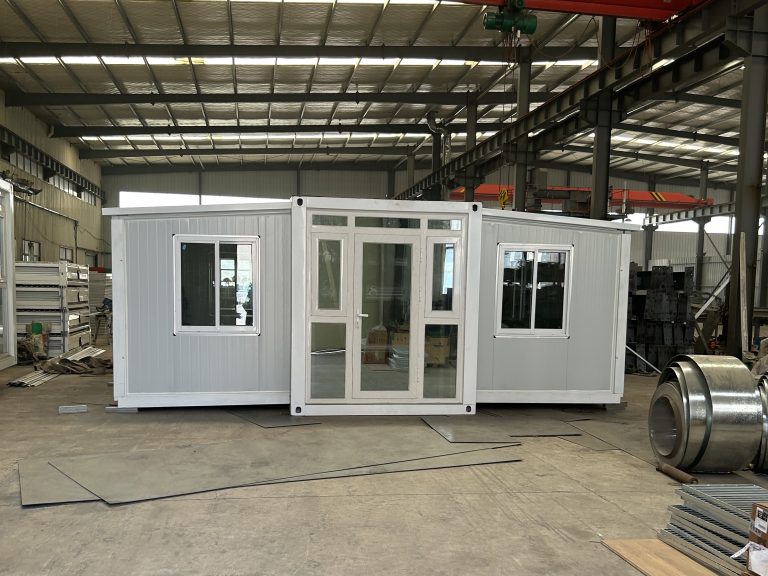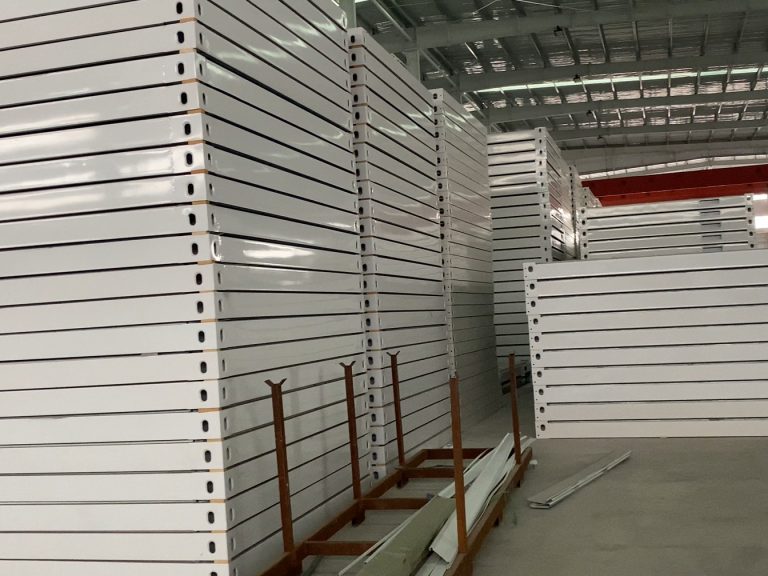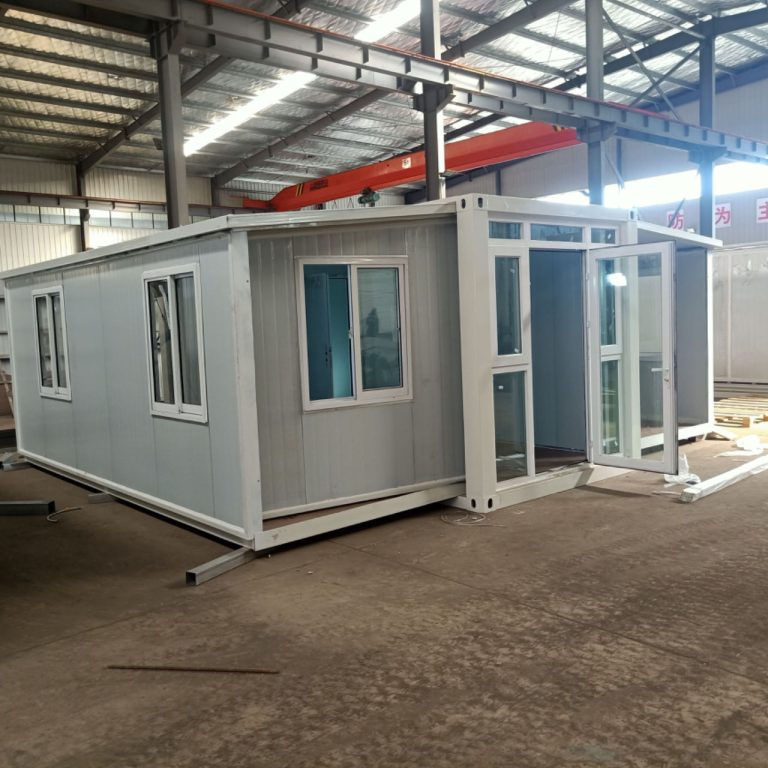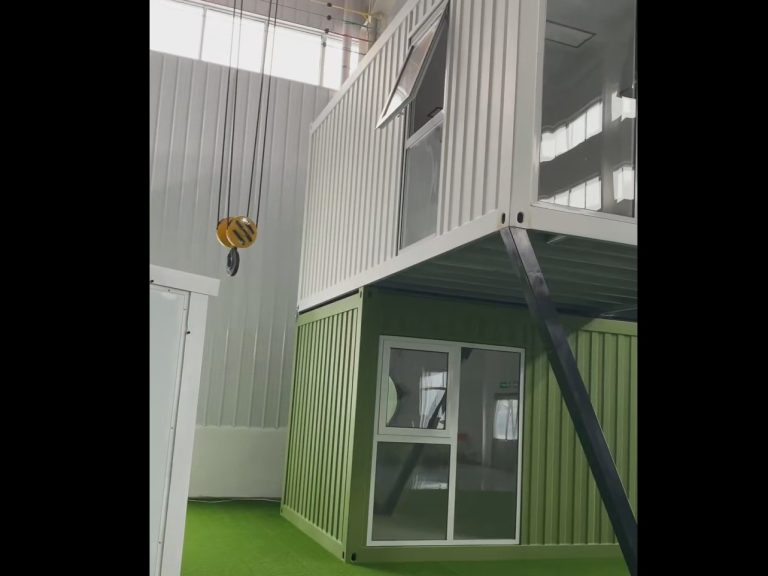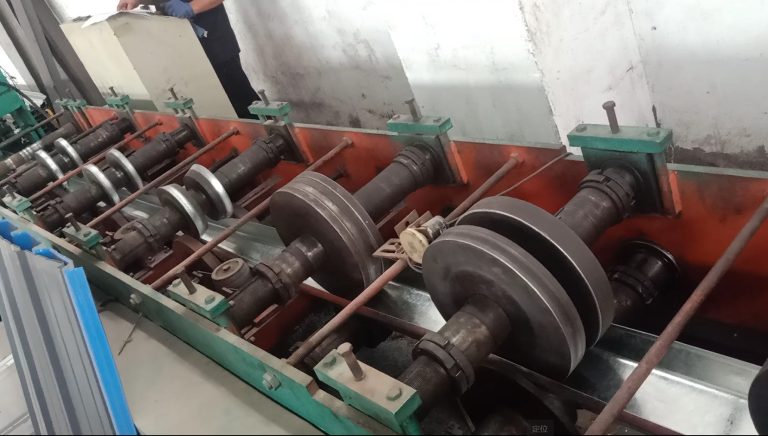Table of Contents
Modular Design Principles for Container Houses
The modular design of container houses represents a significant advancement in architectural innovation, particularly in the context of mobile offices. This approach emphasizes flexibility, efficiency, and sustainability, making it an ideal solution for modern workspace needs. At its core, modular design involves creating structures from pre-fabricated sections or modules, which can be easily assembled and disassembled. This method not only streamlines the construction process but also allows for a high degree of customization, catering to the specific requirements of various users.
One of the primary principles of modular design is the standardization of components. By utilizing uniform sizes and shapes for the modules, manufacturers can achieve economies of scale, reducing costs and minimizing waste. This standardization also facilitates easier transportation and assembly, as the modules can be efficiently stacked and loaded onto trucks or ships. Furthermore, the use of standardized components ensures that the construction process is not only faster but also less labor-intensive, which is particularly beneficial in remote locations where skilled labor may be scarce.
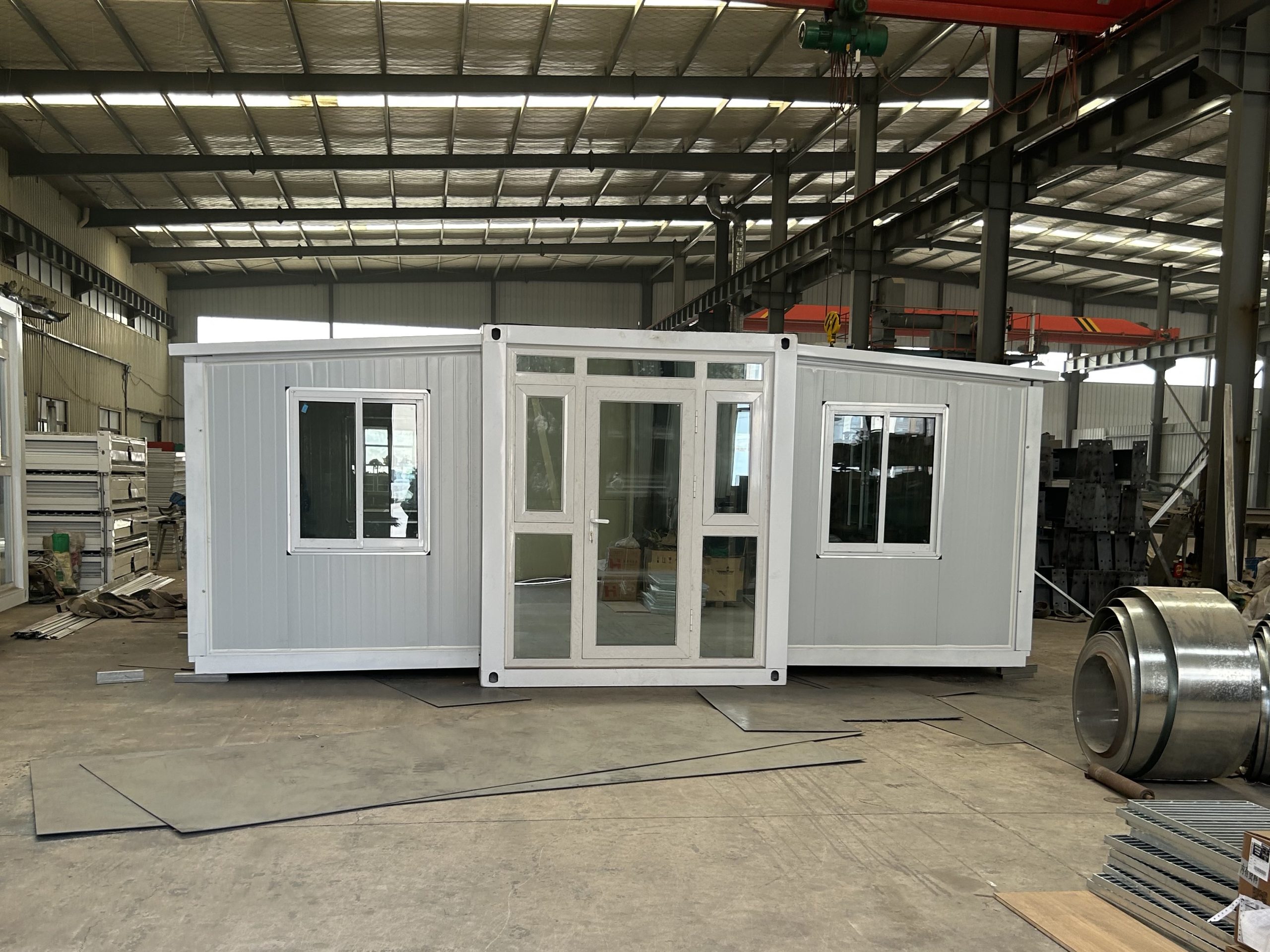
Another essential principle is the emphasis on adaptability. Modular container houses can be designed to accommodate a range of functions, from simple office spaces to complex living environments. This adaptability is achieved through the thoughtful arrangement of modules, which can be combined in various configurations to create different layouts. For instance, a mobile office may require open-plan spaces for collaboration, while a residential unit might prioritize privacy and comfort. The ability to reconfigure these spaces as needs change is a significant advantage, particularly in dynamic work environments where flexibility is paramount.
In addition to adaptability, the modular design of container houses promotes sustainability. By utilizing repurposed shipping containers, this approach not only reduces the demand for new building materials but also minimizes the environmental impact associated with traditional construction methods. Moreover, the modular nature of these structures allows for efficient energy use, as they can be designed to incorporate energy-efficient systems such as solar panels and rainwater harvesting. This focus on sustainability aligns with the growing demand for eco-friendly solutions in both residential and commercial sectors.
The application of rapid disassembly technology further enhances the benefits of modular design in container houses. This technology allows for quick and efficient dismantling of the structure, making it easy to relocate or repurpose the modules as needed. In the context of mobile offices, this means that businesses can set up temporary workspaces in various locations without the long-term commitment associated with traditional buildings. The ability to quickly disassemble and transport these structures not only saves time and resources but also provides companies with the agility to respond to changing market conditions.
Moreover, rapid disassembly technology contributes to the overall lifecycle management of the building. By facilitating easy repairs and upgrades, this technology ensures that the container house remains functional and relevant over time. As businesses evolve, their spatial needs may change, and the ability to modify or expand the existing structure without significant disruption is invaluable. This adaptability not only enhances the longevity of the investment but also supports a more sustainable approach to building management.
In conclusion, the modular design principles applied to container houses, combined with rapid disassembly technology, create a powerful solution for modern mobile offices. This innovative approach not only addresses the need for flexibility and efficiency but also promotes sustainability and adaptability. As the demand for dynamic workspaces continues to grow, the integration of these principles will undoubtedly play a crucial role in shaping the future of office design.
Benefits of Rapid Disassembly Technology in Mobile Office Solutions
Modular design has become increasingly popular in the construction industry due to its flexibility, cost-effectiveness, and sustainability. One of the key applications of modular design is in the construction of container houses, which are prefabricated structures made from shipping containers. These container houses are not only quick to assemble but also easy to disassemble, making them ideal for temporary or mobile office solutions.
Rapid disassembly technology plays a crucial role in the functionality of container houses used as mobile offices. This technology allows for the quick and efficient dismantling of the structure, enabling it to be easily transported to a new location or stored when not in use. The ability to rapidly disassemble a container house offers numerous benefits for mobile office solutions, including increased flexibility, reduced costs, and improved sustainability.
One of the primary benefits of rapid disassembly technology in mobile office solutions is its flexibility. Unlike traditional office buildings, container houses can be easily relocated to different sites as needed. This flexibility allows businesses to adapt to changing circumstances, such as moving to a new location or expanding their operations. Additionally, the modular design of container houses allows for easy customization and reconfiguration, making it simple to add or remove modules to meet specific requirements.
In addition to flexibility, rapid disassembly technology also offers cost-saving benefits for mobile office solutions. Traditional office buildings require significant time and resources to construct and dismantle, whereas container houses can be assembled and disassembled quickly and efficiently. This not only reduces construction costs but also minimizes downtime during relocation, allowing businesses to resume operations more quickly. Furthermore, the modular design of container houses enables them to be easily expanded or downsized, providing a cost-effective solution for businesses with fluctuating space requirements.
Another advantage of rapid disassembly technology in mobile office solutions is its sustainability. Container houses are typically made from recycled shipping containers, making them an environmentally friendly alternative to traditional construction materials. The ability to disassemble and reuse container houses further reduces waste and minimizes the environmental impact of construction projects. Additionally, the modular design of container houses allows for efficient use of resources, such as energy and water, making them a sustainable choice for mobile office solutions.
Overall, the application of rapid disassembly technology in container houses used as mobile offices offers numerous benefits for businesses looking for flexible, cost-effective, and sustainable solutions. The ability to quickly relocate, customize, and expand container houses makes them an ideal choice for businesses with changing space requirements. Additionally, the sustainability of container houses aligns with the growing trend towards environmentally friendly construction practices. By leveraging rapid disassembly technology in mobile office solutions, businesses can enjoy the advantages of modular design while minimizing costs and environmental impact.

